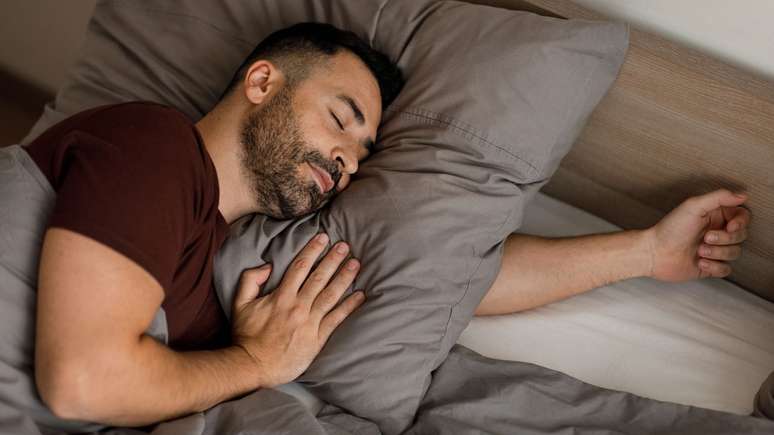The White January campaign begins each year by encouraging mental and emotional health care actions to avoid mental disorders
Each month of the year is filled with colors to encourage prevention and awareness of a range of health conditions. White January, for example, is Mental and Emotional Health Awareness Month.
In 2024, the White January campaign completes 10 years of alert on the care of the mental and emotional health of the population, based on the prevention of diseases resulting from stress, such as anxiety, depression and panic.
According to the Ministry of Health, mental illnesses can be caused by various factors. This is the case, for example, of genetics, stress, substance abuse and trauma.
This list also includes mood disorders, schizophrenia, and bipolar disorder. All of these conditions can prevent the individual from carrying out daily activities, especially work.
How to take care of your mental health
For experts, being the first month of the year, January underlines the importance of dedicating ourselves to taking care of our mental health throughout the year. And, in this sense, some attitudes can help.
According to Dr. Sérgio Rocha, psychiatrist and technical director of Clínica Revitalis, it is possible to prevent certain types of disorders by incorporating certain activities into your routine, such as walking, eating well and sleeping.
“Certainly this is a form of prevention. This means reducing the chances of developing psychological disorders. However, there are other factors that can trigger these disorders,” he says.
The psychiatrist listed five tips that can contribute to well-being, providing balance in mental health and, consequently, preventing bigger and more difficult to treat problems in the future. Watch:
Therapy
Psychotherapy is a very important “weapon” when we talk about mental health. The big problem is that most people only seek help when they already have a problem, and this emerges clearly from the results of a recent survey by the FSB Institute, commissioned by SulAmérica, which indicates that 60% of Brazilians who undergo therapy began during the pandemic – that is, when they found themselves faced with a difficult situation for everyone.
According to Sérgio, taking care of your mental health before having any disorder, as a preventative measure, is ideal. “Mental health treatment is not limited to one event, it is ongoing work and balancing it throughout your life can make a difference later,” recommends the specialist.
Physical activity
It is increasingly clear that regular exercise contributes to a healthier life in many ways. People who exercise are less likely to develop, for example, depression and anxiety disorders.
“The habit of carrying out physical activity – such as walking, running or other sports – is fundamental for the balance of mental health, as well as being very important for general well-being”, comments the expert.
“There is a lot of talk about the risks of a sedentary lifestyle for developing hypertension, diabetes and heart disease, but it is important to keep in mind that there are also risks for the development of mental illnesses,” warns Dr. Rocha.
Food
Eating well and balancing meals throughout the day is also a way to take care of your mental health. A person who eats poorly does not contribute to his overall health, warns the doctor. Combining a good diet with other factors, such as exercise, can increase feelings of well-being.
“Nutrition is totally linked to other healthy habits, such as the quality of sleep, water intake, etc. The treatment is never unique, but takes place on multiple fronts, which is why the approach must be integrated”, recommend the professional.
Meditation
The benefits of meditation are many: the practice reduces stress, reduces depressive and anxious symptoms, improves memory and quality of sleep and also reduces addictions and compulsions. Furthermore, it brings benefits in relation to chronic diseases.
“All this is directly or indirectly linked to mental health and, therefore, the practice of meditation is an excellent alternative for well-being,” says the expert.
Rest
Both insomnia and excess sleep can contribute to certain types of mental illnesses, such as anxiety and even substance abuse disorders.
“Good health directly depends on the quality of sleep, which is why rest is necessary. Sleeping too much or suffering from insomnia too frequently will reduce a person’s well-being. Furthermore, it could be an indication that the person is suffering from some ailment,” he says the psychiatrist.
According to him, sleeping on average 8 hours a night is ideal for a person to wake up ready to carry out all the tasks of the day and have a good quality of life, in all aspects.
Source: Terra
Ben Stock is a lifestyle journalist and author at Gossipify. He writes about topics such as health, wellness, travel, food and home decor. He provides practical advice and inspiration to improve well-being, keeps readers up to date with latest lifestyle news and trends, known for his engaging writing style, in-depth analysis and unique perspectives.









